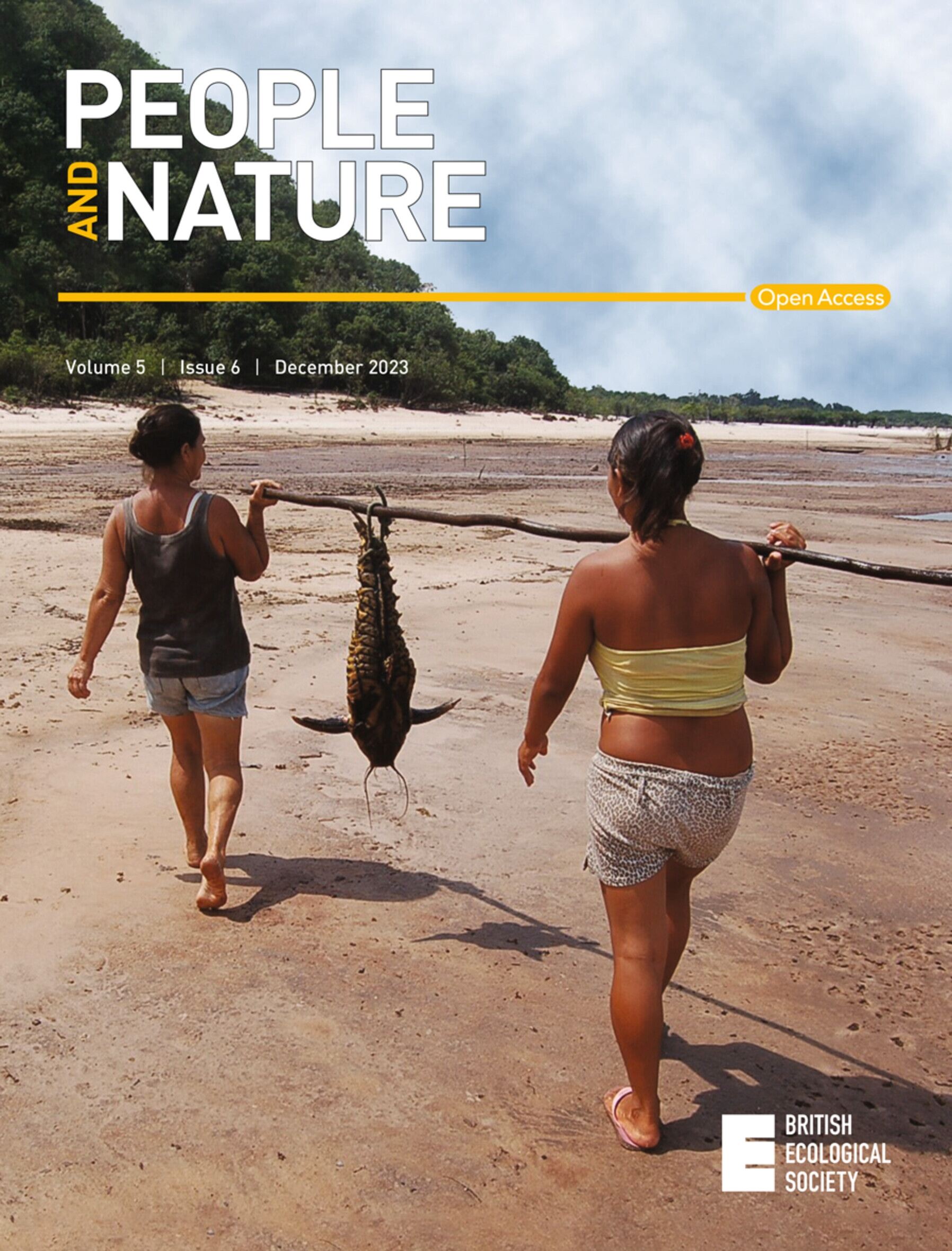Seeing beyond the frames we inherit: A challenge to tenacious conservation narratives
IF 4.9
1区 环境科学与生态学
Q1 BIODIVERSITY CONSERVATION
引用次数: 0
Abstract
Abstract Natural and social scientists everywhere are struggling to understand how to proceed in the face of continued biodiversity loss and the injustices brought upon people living in and around conservation landscapes. This has resulted in increasing calls for critical reflection on the narratives driving conservation research and practice. Narratives can be understood as part of a larger process of “framing” within an intellectual community, which includes the way studies are defined and discussed. Identifying, reflecting on and even destabilizing entrenched frames can be helpful for understanding when and where our diagnosis or understanding of a problem fails. However, we also need to understand the scholarly processes that create and reify some frames (and not others) over time. We address these needs by developing a mixed‐method approach that integrates qualitative frame analysis and quantitative science mapping to identify the origins of the dominant frame and trace its reproduction in the scientific literature over time. We demonstrate this approach using the case of the Bale Mountains, an internationally recognised centre of species endemism in Ethiopia. Our results show the enduring influence of the perceptions and values of a few early conservation scientists working with limited data. This led to erroneous assumptions and conclusions that, in some cases, were corrected by later research, but in many cases were not. This was a function of the social and intellectual structure of the scientific network, minor but consequential decisions in data interpretation and specific citational habits. Synthesizing these results, we identify several linked mechanisms that helped the dominant frame retain its tenacity and may also be at work in other contexts. We close with a discussion on how others might apply our approach and how future scientific research and conservation practice could proceed differently. Read the free Plain Language Summary for this article on the Journal blog.超越我们继承的框架:对顽固的保护叙事的挑战
世界各地的自然和社会科学家都在努力了解如何面对持续的生物多样性丧失和生活在保护景观及其周围的人们所遭受的不公正。这导致越来越多的人呼吁对推动保护研究和实践的叙述进行批判性反思。叙事可以被理解为知识群体中更大的“框架”过程的一部分,其中包括定义和讨论研究的方式。识别、反思甚至动摇根深蒂固的框架,可以帮助我们理解对问题的诊断或理解在何时何地失败。然而,我们还需要理解随着时间的推移,创建和具体化一些框架(而不是其他框架)的学术过程。我们通过开发一种混合方法来解决这些需求,该方法集成了定性框架分析和定量科学映射,以确定主导框架的起源,并追踪其在科学文献中的再现。我们用国际公认的埃塞俄比亚物种特有种中心——贝尔山脉的案例来证明这种方法。我们的研究结果显示了一些早期保护科学家的观念和价值观对有限数据的持久影响。这导致了错误的假设和结论,在某些情况下,这些假设和结论被后来的研究纠正了,但在许多情况下却没有。这是科学网络的社会和智力结构的一个功能,是数据解释和特定引用习惯中次要但重要的决定。综合这些结果,我们确定了几个相互关联的机制,这些机制帮助主导框架保持其韧性,也可能在其他情况下起作用。最后,我们讨论了其他人如何应用我们的方法,以及未来的科学研究和保护实践如何以不同的方式进行。在《华尔街日报》博客上阅读免费的《简明语言摘要》。
本文章由计算机程序翻译,如有差异,请以英文原文为准。
求助全文
约1分钟内获得全文
求助全文

 求助内容:
求助内容: 应助结果提醒方式:
应助结果提醒方式:


